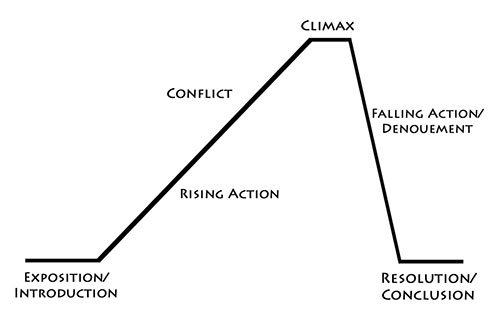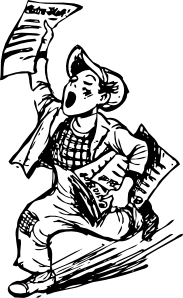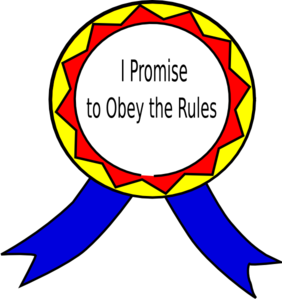A Facebook friend was stuck with her novel. She had a good main character--a protagonist, a good setting and a basic premise. She'd started to write and then gotten stuck. She just had no idea where to go from there.
Novels and short stories all have something in common. They do need good characters, good settings, and good basic ideas, but the most important element is that they must have a plot.
If you ever studied English literature in school, you probably, at some point, ran into that infamous diagram of the structure of a short story. Here's an example:
 |
| http://www.englishessaywritingtips.com/2010/12/how-do-i-write-a-short-story-essay/ |
So, the problem is introduced in the exposition. There is where the story setting is established, the characters are introduced and the potential problem is introduced as well. Then there is story action that takes place to develop the conflict and define the problem. The action continues to build until the climax. Usually, there are consequences to the solution and finally the story reaches some kind of conclusion.
Here's a short example. Joe and Jim are students at a small high school. They are both superstar athletes and members of the basketball team. (Exposition) They both try to outdo each other during games and practice. (Rising Action) This leads to a rivalry as during the games their selfish attempts to get the ball to score starts to undermine the team spirit and success. They both want to be captain and to be the heroes of every game. (Conflict) Despite the two, the team makes it to the championship playoffs. During the game, however, Joe's and Jim's actions start to cause trouble when the other team focuses on guarding them and they start to have trouble scoring. The game goes to the last quarter with Joe's and Jim's team down by two points. (Continued conflict builds as the stakes get higher.) Neither one can get in a shot but then Joe gets in the clear. Jim has the ball and is close to the basket, surrounded by defensive players. At the last second, Jim passes the ball to Joe who makes a basket from mid-court to score three points to win the game. (Climax) After the game, Joe is hailed as a the hero for scoring the winning points. (Falling Action) He is named captain of the team. (Falling Action) Ultimately, though, Joe declines the honor and tells everyone Jim really deserves the captaincy because he was the one who sacrificed his chance at glory for the team. (Resolution/Conclusion) In turn, Jim insists the two should be co-captains instead. (Conclusion)
Sure, it's a cliche story, but it illustrates plot structure for a short story.
Novels are basically short stories expanded. Instead of one line of structure, they often have many. The plot must still be there, with an overall problem that needs to be solved and, indeed, it too much reach a climax through rising action, but the action rises, falls and often reaches a number of smaller climaxes along the way. There are also likely to be several different conflicts going on as the novel progresses. The heroes might well need to overcome dozens of smaller obstacles--essentially finishing little short stories--along the way to solving the large, overriding problem of the main plot line.
Lord of the Rings illustrates this well as each set of characters in the epic meet and conquer numerous challenges along the road to finally destroying the Ring and freeing the world of Sauron's evil force and returning mankind to peace. There are dozens of crises and conflicts along the way, any one of which could be a short story all its own.
But here is the crucial difference. As novels, all of the side journeys and quests are linked to the one overriding conflict--ridding the world of the destructive dark magic of Sauron. While each novel in the series does have its own conclusion, all is not resolved until the final pages of The Return of the King.
Drawing a plot diagram of the novel is an almost impossible task. I once saw a picture of the story board JK Rawling had created for her Harry Potter novels and it easily covered the entire wall of her office. Conflicts, plot, and character connections abound. Each novel has its own structure and that needed to be carefully linked to the other books. Yet over and over, the essential structure of the story was repeated.
Create the world. Create your characters. Create a conflict--a problem to be solved. And then, go about solving it. Create tension for the reader along the way as he wonders whether or not the hero will win over the odds. And then, find that climax when the problem is faced head-on.
That's all there is to it. I always hope the hero wins.




